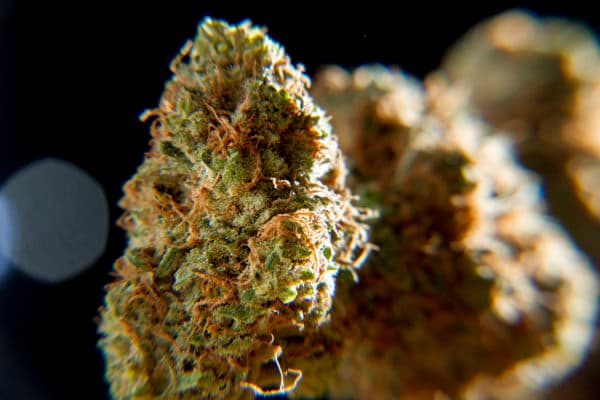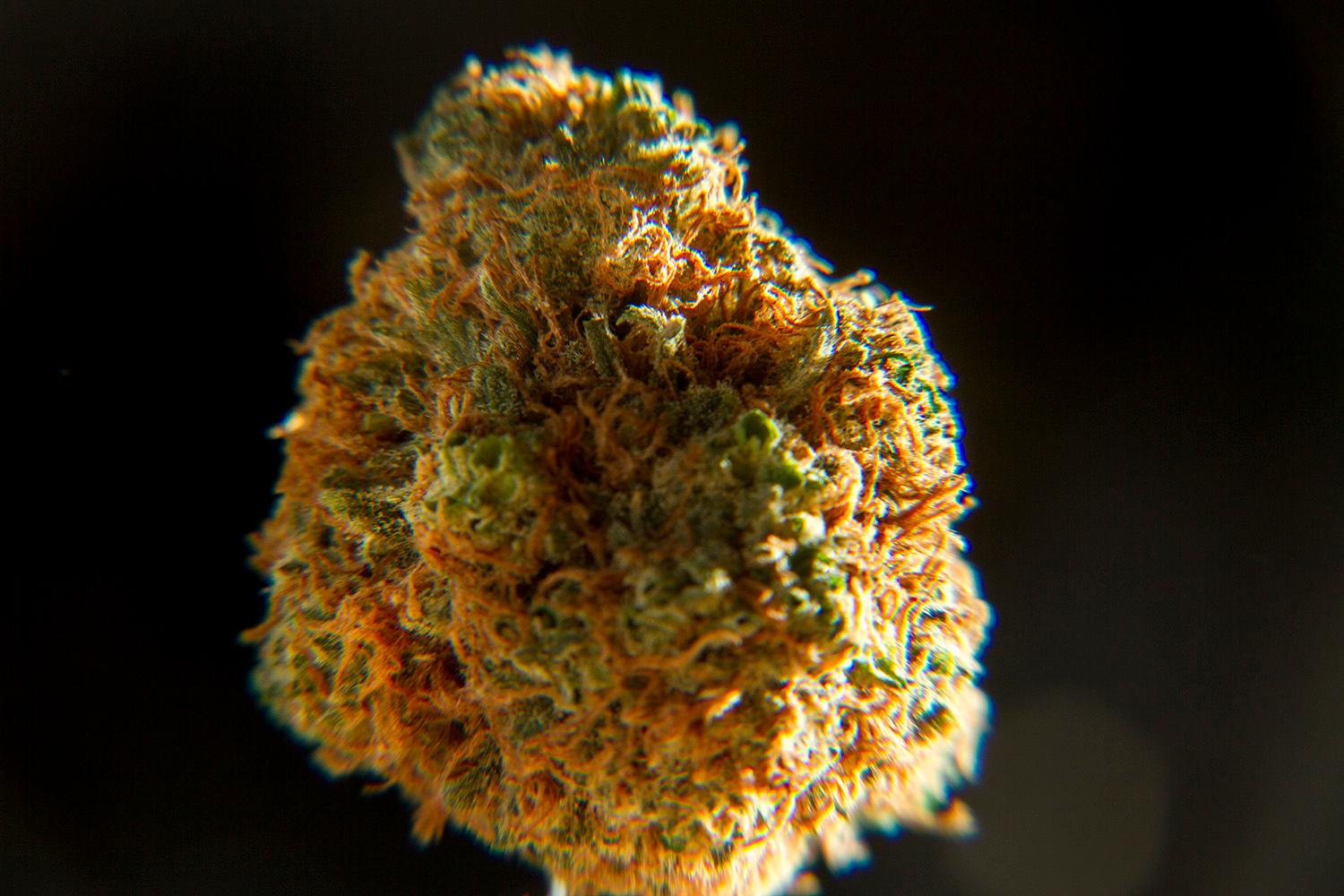
The smell of marijuana could lead to warrantless searches of vehicles, homes and other personal property, according to a new Colorado Supreme Court opinion released Monday.
The Supreme Court's decision in the case of the State of Colorado v. Victor Zuniga raises questions about policing in the wake of marijuana legalization and overturns a trial judge's ruling that a Colorado State Patrol trooper lacked evidence to search a vehicle in Weld County in 2015 after detecting the odor of marijuana.
The Supreme Court decided the "odor of marijuana... can contribute to a probable cause determination," according to the opinion written by Justice Brian Boatright.
The decision allows the Weld County District Attorney's Office to submit the approximately one pound of marijuana and 12.6 ounces of marijuana concentrate as evidence in the case against 22-year-old Victor Zuniga.
Justice William Hood disagreed with his colleagues on whether the trooper had sufficient probable cause to search the vehicle Zuniga was riding and whether the evidence that resulted from the search should be suppressed.
In his dissent Hood wrote, "Had this suppression issue come to us before Amendment 64, it would have been an easy call. But not today. Today, it is much trickier because the mere odor of marijuana no longer signifies a violation of state law."
The Supreme Court's opinion does not say the smell of marijuana alone is enough probable cause for a warrantless search, said Jeff Gard, a Boulder attorney who specializes in criminal defense and marijuana business cases.
Gard said the smell must be paired with other factors for officers to conduct a search without a warrant. But he believes officers could find ambiguous reasons for searching property once they detect cannabis.

"Any time a cop smells marijuana, that’s going to justify intrusion into your house, your car, your purse and anything else you own," he said. "They're treating something that has the same legality as a pack of cigarettes or a pack of beer the same way they did before legalization."
The Weld County DA's Office is prosecuting the case against Zuniga and filed the appeal to the Supreme Court. The office declined to comment on the impact of the ruling because the case is "still open and pending."
In 2015, a state trooper stopped the Jeep Cherokee that Zuniga was riding in. The trooper questioned the Iowa resident and the driver of the car before having a K-9 unit sniff for drugs, court documents show.
"Based upon the men’s inconsistent stories, their extreme nervousness, and the strong odor of raw marijuana, the trooper was suspicious that criminal activity was ongoing in the vehicle," the documents state.
After the K-9 determined drugs were present, the trooper searched the Jeep and found the illegal amount of marijuana that Zuniga reportedly said was his.
In trial, Zuniga pleaded not guilty and filed a motion to suppress the evidence, arguing that the seized marijuana resulted from an illegal detention and search.
A trial court judge agreed there wasn't enough probable for the search, leading to the appeal and the Supreme Court's decision Monday.
Business & data reporter Adrian D. Garcia can be reached via email at [email protected]or twitter.com/adriandgarcia.













